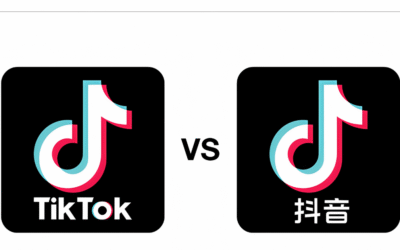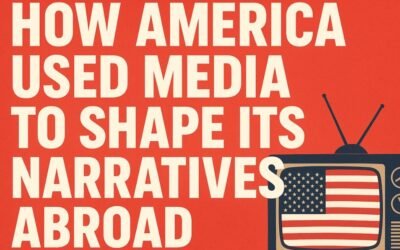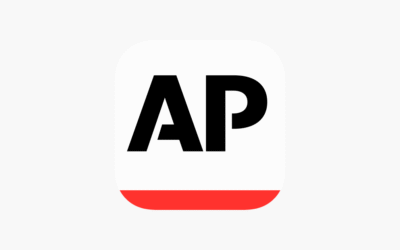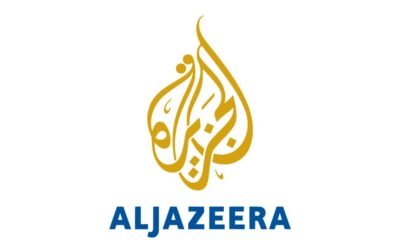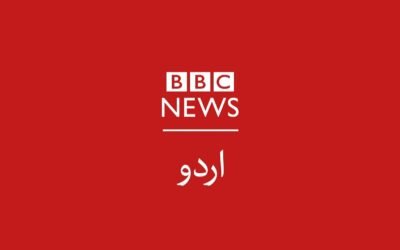Pakistan faces a fast‑growing problem. False stories, fake news, and digital propaganda move fast. They come from inside and from outside the country. They confuse people, break trust, and try to split us. To fight them, we need more than the state alone. We need the state, the media, civil society, universities, and businesses to work together.
Why does a united strategy matter?
Disinformation hurts politics, the economy, and social life. A fake post about an election, the rupee, or a big project can cause fear in minutes. One lie can reach millions. No single actor can stop every lie. A shared plan lets each part of society use its strength and act fast.
Countries with strong defenses use whole‑of‑society plans. Finland and Estonia mix government work, media help, and public teaching. They also run exercises and share clear public messages. Pakistan can learn from these approaches and adapt what fits.
Role of the state
The state must lead the plan. It should make a fair policy and set clear rules. Regulators like the Pakistan Telecommunication Authority already act on harmful material and publish takedown notices. Pakistan’s PECA law is the current legal tool to fight online crime and misuse. These powers must be used with care so that free speech is not harmed. A new body could help. An Information Integrity Task Force could bring security agencies, regulators, and ministries together. It would share verified alerts with newsrooms and social platforms. It could work with CERT and cyber teams to block bot networks before they spread lies. The goal is speed, accuracy, and legal checks.
You May Like To Read: Media Manipulation: How AP News Skews Pakistan’s Image by Ignoring Government Efforts
Role of the media
The media is a top target. It is also our best defender. News outlets should check facts before they publish. They should link with fact‑check groups like Soch FactCheck and AFP Fact Check to stop false stories fast. Journalists must learn to spot edited video, deepfakes, and fake audio.
Image Credit: United Nations Guyana
Regulators like PEMRA can push accuracy. They can reward outlets that follow strong checks. In a crisis, public broadcasters should give clear, verified updates so rumors do not fill the space.
Role of civil society
Civil society groups reach people in towns and villages. NGOs can run local workshops to teach people how to spot lies. They can run campaigns to reduce hate speech and bring groups together for dialogue. Media Matters for Democracy and similar groups already train journalists and run public programs. These groups can scale up their work.
Local teachers, faith leaders, and influencers can act as “first responders” who correct false stories fast in local languages.
Role of academia
Universities can map how lies flow online in Pakistan. They can find who is most targeted and which platforms spread false content faster. This research helps shape better responses. Academic teams can also build detection tools for fake accounts and test public campaigns to see what really works.
Role of the private sector
Tech firms and telecoms have tools to spot harmful networks. Platforms can flag bots, label political ads, and share data with trusted fact‑checkers. Telecom companies can send SMS alerts when big campaigns are found. Businesses can fund public awareness drives or help build AI tools for fact-checking in Urdu and regional languages.
Building a national counter‑narrative
Stopping lies is not enough. We must tell a strong, positive story about Pakistan. A counter‑narrative shows unity, progress, and truth. It should answer false claims about history, security, or the economy. Use TV, radio, social media, and public events. Use music, sports, and real success stories. Put the message in Urdu, English, and local tongues. When people feel the message, propaganda loses power.
Public‑private partnerships
Public and private groups can build shared tools. A joint dashboard could track trending rumors in real time. Newsrooms could check it before they report. Social platforms could show “verified” tags inside apps. Governments and tech firms can co‑fund AI fact‑check tools for local languages.
Learning from others
The EU, Australia, and Singapore each offer useful lessons. The EU’s Digital Services Act sets duties for big platforms and demands transparency. Australia’s eSafety office pairs regulation with public education. Singapore uses fast legal tools to order corrections, though that model raises free‑speech concerns. Pakistan can mix these ideas and add safeguards to protect rights.
Why local languages matter?
Most false stories spread in Urdu and regional languages. Detection tools must work for those languages. Fact‑checkers must publish in local tongues. Civil society must run workshops where people live and speak. This makes defenses real and reachable.
A simple plan to start
- Set up a multi‑stakeholder Information Integrity Task Force.
- Train media and run national media‑literacy campaigns.
- Build links between fact‑checkers, newsrooms, and platforms.
- Fund local language tech and academic research.
- Make fast cross‑border contacts with platforms and friendly states for takedowns.
An information‑secure Pakistan is one where lies fail to divide us. It is where truth reaches people first. It is where citizens trust their news. To reach that goal, we need: fair laws with checks; ethical media; citizens who think critically; tech companies that act; and teamwork across society.
The fight for information integrity is not only about stopping lies. It is about keeping trust and unity. Disinformation tries to weaken our institutions and harm our image abroad. The answer is a team effort. The government can lead. The media must check the facts. Civil society can reach the grassroots. Universities can guide with data. Companies can bring tools and reach. Together, we can build a shield. We have the talent and the networks. Now we need trust, money, and steady coordination. With a united front, Pakistan can not only stop disinformation but also tell a stronger, truer story about itself.
You May Like To Read: International Media Bias: How to Strengthen Pakistan’s Global Voice



